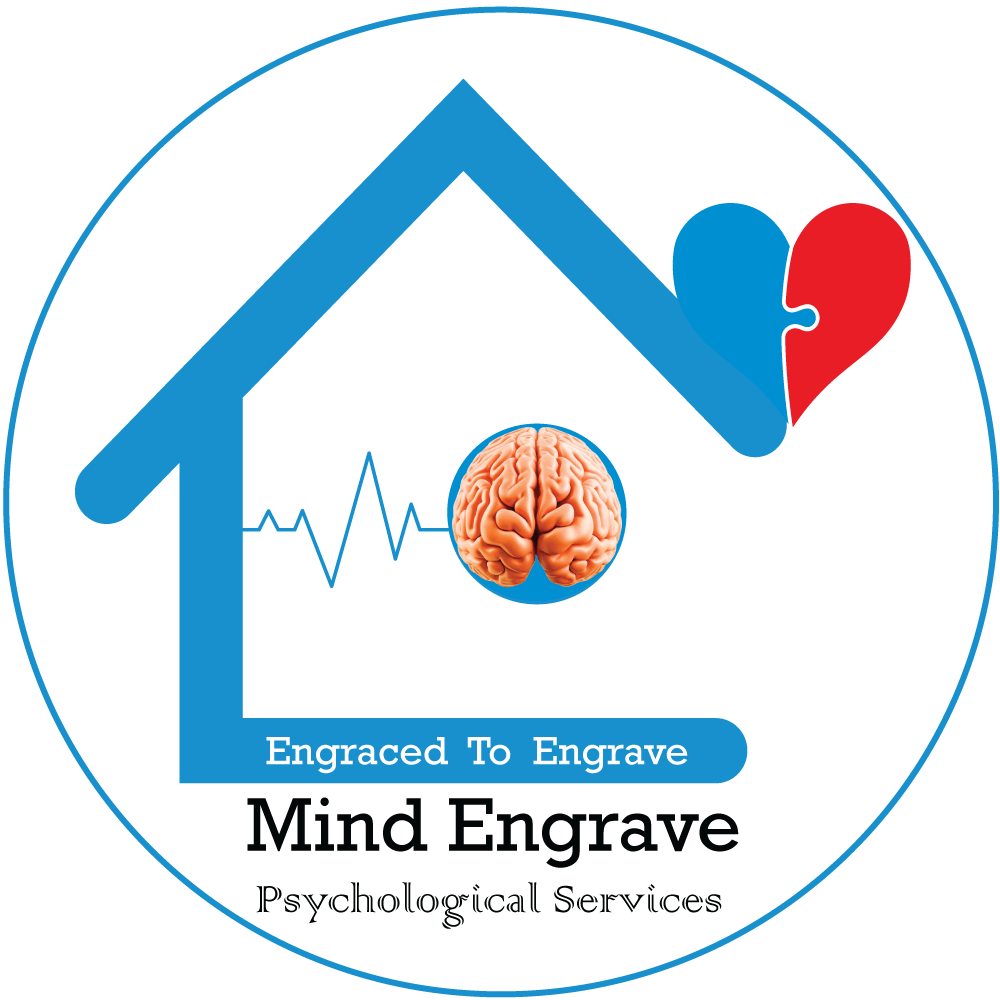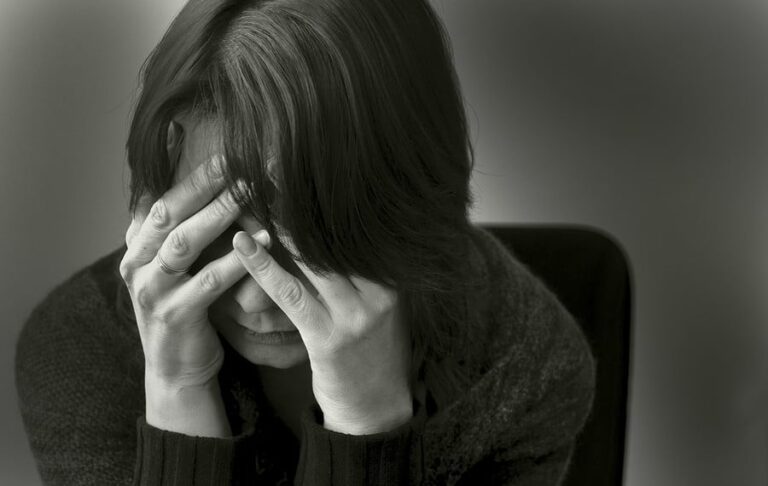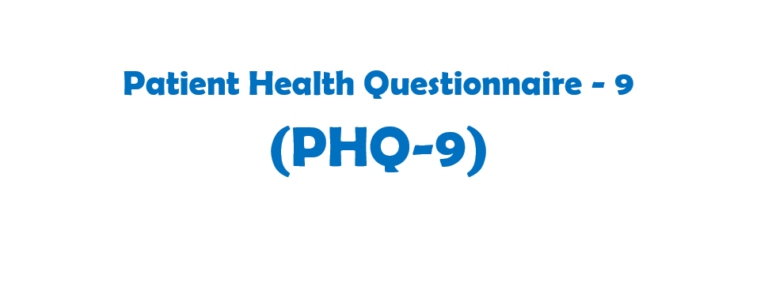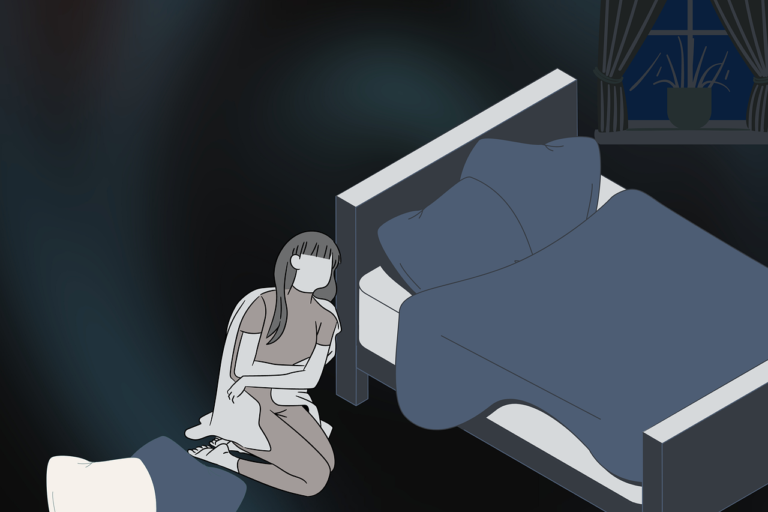Mental Health Vs Mental Illness?
There is strong inter-relationship between mental health (MH) and mental illness, and for this reason both term are increasingly being used as if they mean the same thing, but they do not. This observation necessitate that we discuss the existing interlink.
Every individual has mental health, just like everyone has health. As the World Health Organization (WHO) famously says, There is no health without MH. In the course of a lifetime, not all people will experience a mental illness, but everyone will struggle or have a challenge with their mental well-being just like we all have challenges with our physical well-being from time to time.
mental health connotes our mental well-being our emotions, thoughts and feelings, ability to solve problems and overcome difficulties, social connections, and understanding of the world around us. On the other hand, mental illness refers collectively to all diagnosable mental disorders health conditions characterized by alterations in thinking, mood, or behavior associated with distress or impaired functioning. In other words, it is an illness that affects the way people think, feel, behave, or interact with others.
Health isn’t like an on/off switch. These two constructs are two continuous concepts. There are different degrees of health. People move on a continuum ranging from great or good health, to so – so health, to poor health, and then to illness or disability. For example, some people have good health and have no problems going about their lives. Some people experience serious health problems, and their poor health has a very negative impact on their life. Some people have serious health problems that last for a long time, and others have serious health problems that resolve very quickly. Many people fall somewhere in the middle theyre generally in good health, though the occasional problem may come up. People with optimal mental health can also have mental illness, and people who have no mental illness can also have poor mental health.
We all have days where we feel a bit down and overwhelmed by events or situations in our lives, but having the ability to look at these situations realistically is a key aspect of good mental health. It is not all about feeling happy and confident all of the time and ignoring any problems, but about living and coping well despite challenges.
It is possible to have poor mental health but no mental illness; Hence, it is also possible to have good mental health with a diagnosis of a mental illness. Thats because mental illnesses (like other health problems) are often episodic, meaning there are times of ill health and times of better or good health.
Mental health problems may arise due to stress, loneliness, schizophrenia, depression, anxiety, relationship problems, death of a loved one, suicidal thoughts, grief, addiction, Attention Deficit Hyperactivity Disorder (ADHD), self-harm, various mood disorders, or other mental illnesses of varying degrees, as well as learning disabilities. These have different symptoms that impact peoples’ lives in different ways.
With the right supports and tools, anyone can live well, find meaning, contribute to their communities, and work towards their goals. Therapists, psychiatrists, psychologists, social workers, nurse practitioners, or family physicians can help manage mental illness with treatments such as therapy, counseling, or medication.
Article Also Available At: Mind Engrave Africa

Odusanya Adedeji
Odusanya Adedeji A., is a Licensed & Certified Clinical Psychologist whose domain of expertise cuts across management of specific mental health issues such as, Depression, PTSD, Anxiety & Anxiety related disorders, substance use disorder, etc








